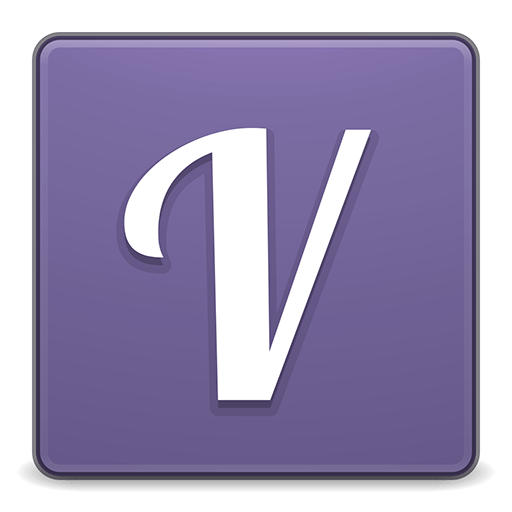 Vala
vs
Vala
vs
 Scala
Scala
 Vala
Vala
 Scala
Scala
What is Vala?
A free and open object-oriented programming language with a self-hosting compiler that generates C code. Vala uses the GObject system and is syntactically similar to C# while introducing unique features like functions, signals, properties, generics, assisted memory management, exception handling, type inference, and foreach statements. Vala makes it simple to target the GNOME stack and is also used for writing applications to the operating system elementary OS.
How much does Vala cost?
No pricing information available..
What platforms does Vala support?
Top Vala Alternatives
C
C is a free and open-source general-purpose, procedural programming language. The language supports structured programming, lexical variable scope, and recursion, with a static type system. By design, C provides constructs that map efficiently to typical machine instructions. C was first created and released in 1972 at Bell Labs by Dennis Ritchie, today C is used in systems where you need absolute control over memory management such as OS kernels and other mission critical software.
C++
Developed by Bjarne Stroustrup at Bell Labs in 1979, C++ is a general-purpose programming language. C++ was designed as an extension of the work on the programming language C, or "C with Classes". The language run on the most common platforms such as macOS, Windows, Linux and various versions of UNIX. In modern releases of C++ object-oriented, generic, and functional features in addition to facilities for low-level memory manipulation has been introduced.
The software
 Scala
is removed from the Top Vala Alternatives since you are comparing against it.
If you are looking for more software, applications or projects similar to
Scala
is removed from the Top Vala Alternatives since you are comparing against it.
If you are looking for more software, applications or projects similar to
 Vala
we recommend you to check out our full list containing 46 Vala Alternatives.
Vala
we recommend you to check out our full list containing 46 Vala Alternatives.
Vala Gallery
What is Scala?
A programming language that combines object-oriented and functional programming in one concise, high-level language. Scala is used by developers to build scalable software for the JVM, the Java Virtual Machine. The Scala source code is automatically compiled into Java bytecode that is executable on the JVM. When the language first was designed it aimed to address some of the most common criticisms of Java, and the static types in Scala help developers to avoid bugs in complex applications and large-scale systems.
How much does Scala cost?
No pricing information available..
What platforms does Scala support?
Top Scala Alternatives
Haskell
Haskell is a free and open-source purely-functional programming language. The language has been around since the 1990's and has pioneered a number of advanced programming language features such as type classes, which enable type-safe operator overloading. Haskell is an open-source project of more than twenty years of scientific research and provides built-in concurrency and parallelism, debuggers, profilers and rich libraries that can be used to build robust applications while following functional programming patterns.
Elixir
A dynamic, functional programming language that tuns on top of the Erlang Virtual Machine. A VM known for running low-latency, distributed and fault-tolerant systems. Elixir provides productive tooling and an extensible design perfect for building concurrent applications for critical infrastructure
Python
An object-oriented, high-level, general-purpose programming language with an easy-to-learn syntax. Python was first released in 1991 by Guido van Rossum with a design philosophy that emphasises code readability. Today Python is one of the most widely used programming languages where it is used in everything from data science, machine learning and AI to modern web, mobile and desktop applications.
The software
 Vala
is removed from the Top Scala Alternatives since you are comparing against it.
If you are looking for more software, applications or projects similar to
Vala
is removed from the Top Scala Alternatives since you are comparing against it.
If you are looking for more software, applications or projects similar to
 Scala
we recommend you to check out our full list containing 5 Scala Alternatives.
Scala
we recommend you to check out our full list containing 5 Scala Alternatives.
